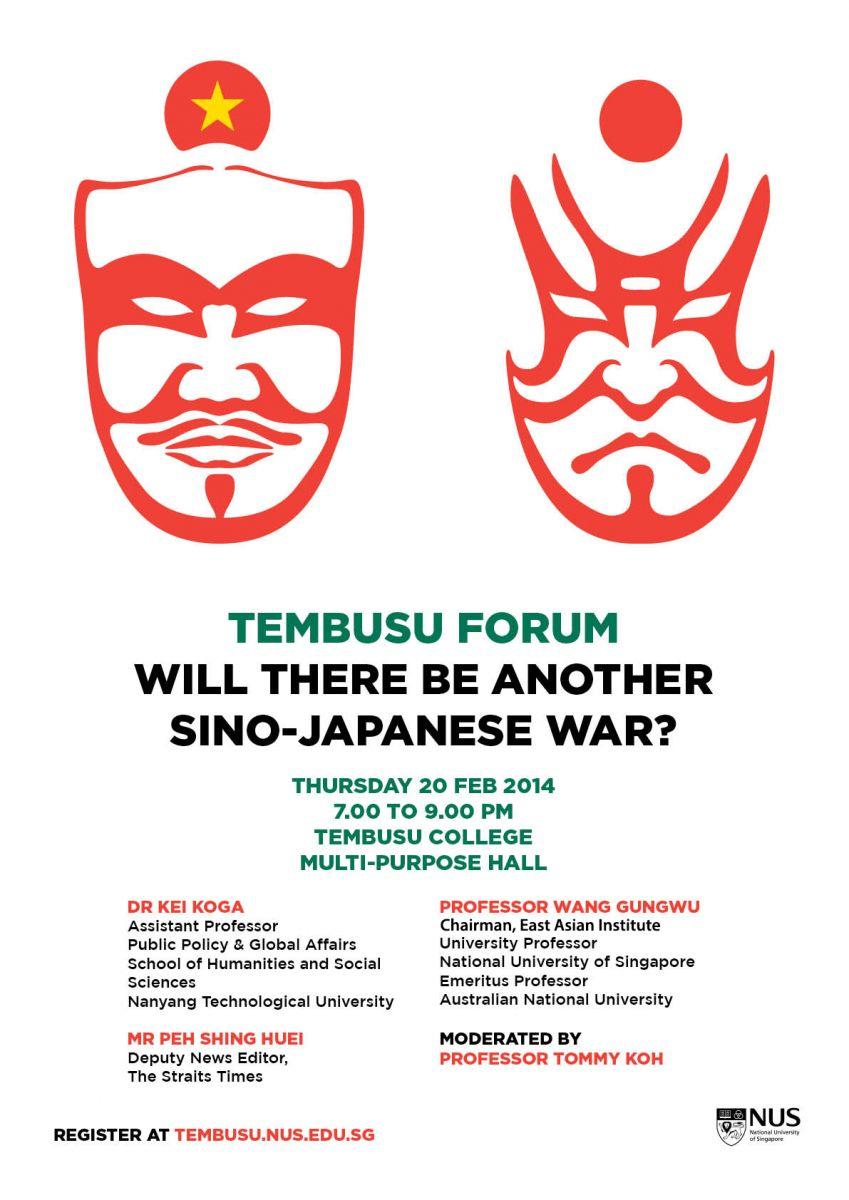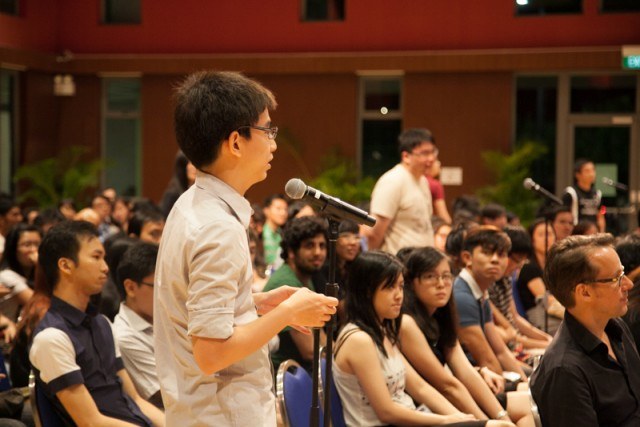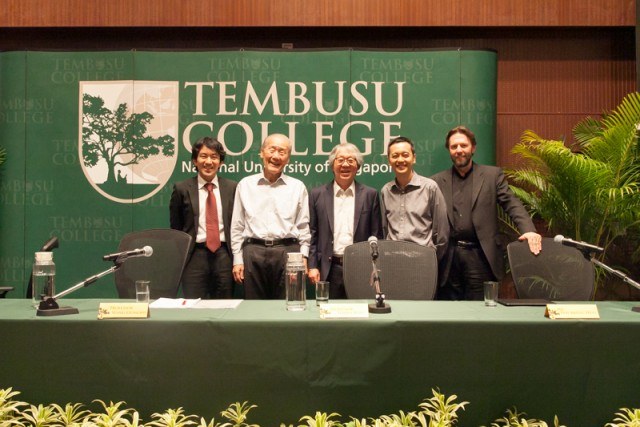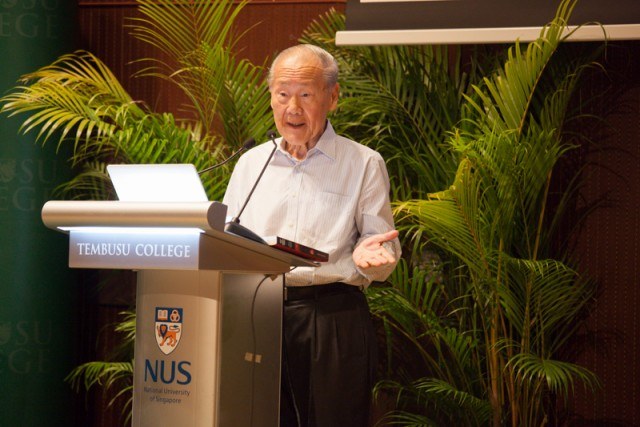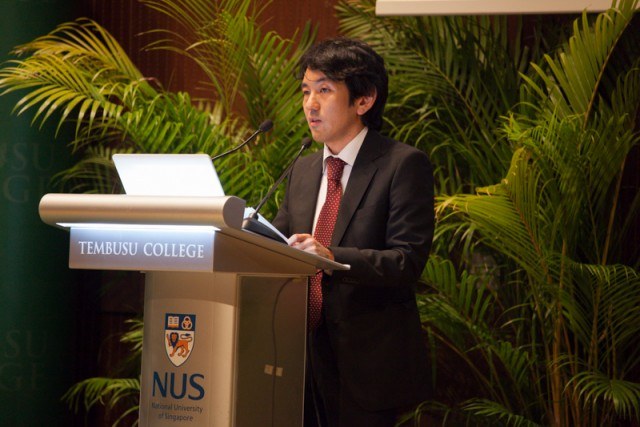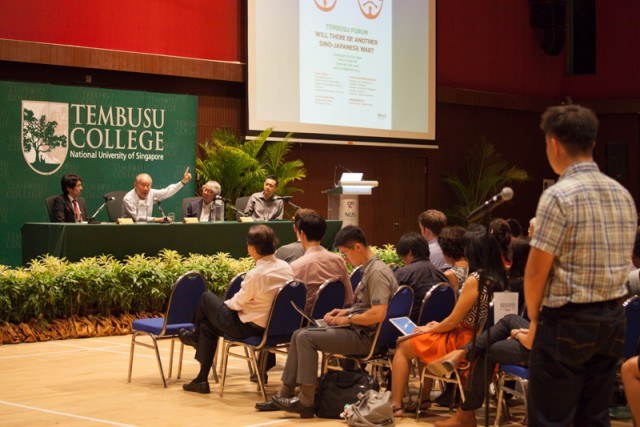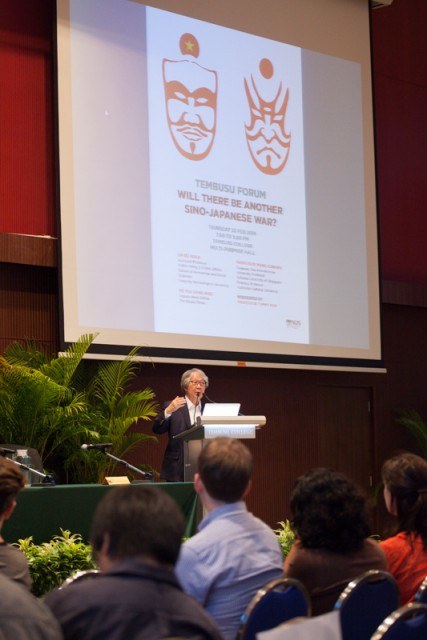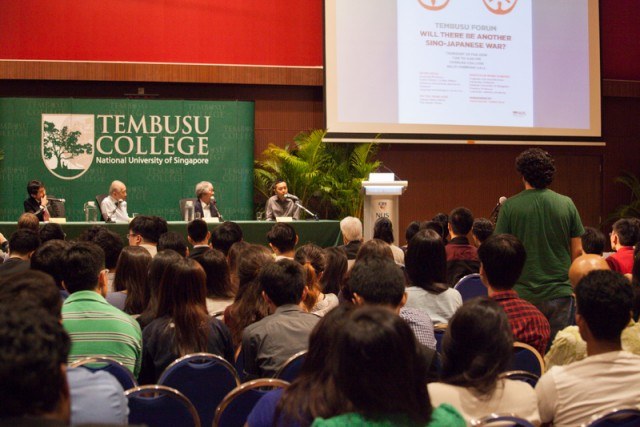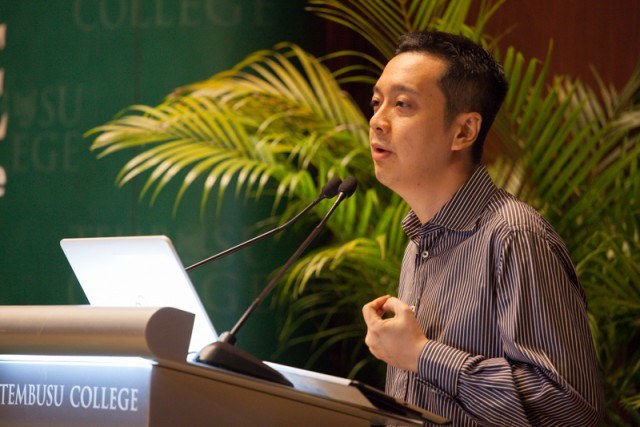
Audience to be seated by 6:45pm
Register at this link or click on the poster.
Speaker Biographies:
Dr Kei Koga is an assistant professor at the Public Policy & Global Affairs, School of Humanities and Social Sciences, NTU. He is concurrently a Japan-U.S. Partnership Fellow at the Research Institute for Peace and Security (RIPS), Tokyo, and has completed the Postdoctoral Fellowship in the International Studies Program, the Belfer Center for Science and International Affairs, Harvard Kennedy School. His research interests include international relations theory, international security, international institutions, institutional changes, and East Asian regional security, with current research focus on U.S.-bilateral security networks and ASEAN–led institutions. Previously, he served as a Vasey Fellow at the Pacific Forum CSIS in 2009–2010 and as the RSIS-MacArthur visiting associate fellow at the RSIS, NTU in 2010. He received a Ph.D. in International Relations at the Fletcher School of Law and Diplomacy, Tufts University.
Mr Peh Shing Huei is a journalist for The Straits Times and the newspaper’s deputy news editor. He was based in Beijing from 2008 to 2012, when he served as the China bureau chief of the Singapore daily. His new book, When the Party Ends: China’s Leaps and Stumbles after the Beijing Olympics, offers an on-the-ground look at China’s ascent and challenges after the 2008 Games. He is also the co-author of Struck by Lightning, a collection of essays on Singapore politics. The graduate of Columbia University in New York and the National University of Singapore lives in Singapore. He has won the Journalist of the Year and Young Journalist of the Year awards in Singapore Press Holdings. He is also the co-founder of Macular Degeneration Society in Singapore, a non-profit organisation which aims to build awareness and offer support to patients of the low-vision disease.
Professor Wang Gungwu is the Chairman of the East Asian Institute and University Professor at NUS. He is also Emeritus Professor of the Australian National University
His recent books include, Renewal: The Chinese State and the New Global History (2013); ̣_塉̴叁̴ۼ̣2005);̴̣ҁ̴墮̤҉̴十_̣(2007);̣十__̴ۼ:̤_̬嵉̬̩ۡۼ̣(2013); Another China Cycle: Committing to Reform(2014); Wang Gungwu: Educator and Scholar, edited by Zheng Yongnian and Phua Kok Khoo (2013); Wang Gungwu, Junzi, Scholar-gentleman: in conversation with Asad-ul Iqbal Latif (2010); China and the New International Order, edited with Zheng Yongnian (2008); Diasporic Chinese Ventures: The Life and Work of Wang Gungwu. Edited by Gregor Benton and Liu Hong (2004)
Professor Wang is a Commander of the British Empire (CBE); Fellow, and former President, of the Australian Academy of the Humanities; Foreign Honorary Member of the American Academy of Arts and Science; Member of Academia Sinica; Honorary Member of the Chinese Academy of Social Science. He was conferred the International Academic Prize, Fukuoka Asian Cultural Prizes. In Singapore, he is Chairman of the Institute of Southeast Asian Studies; Chairman of the East Asian Institute and the Lee Kuan Yew School of Public Policy at National University of Singapore.
Professor Wang received his B.A. (Hons) and M.A. degrees from the University of Malaya in Singapore, and his Ph.D. at the University of London (1957). His teaching career took him from the University of Malaya (Singapore and Kuala Lumpur, 1957-1968, Professor of History 1963-68) to The Australian National University (1968-1986), where he was Professor and Head of the Department of Far Eastern History and Director of the Research of Pacific Studies. From 1986 to 1995, he was Vice-Chancellor of the University of Hong Kong. He was Director of East Asian Institute of NUS from 1997 to 2007.
Parking lots are available at the basement of the Edusports Complex. Charges apply.
Map can be found at this link.


